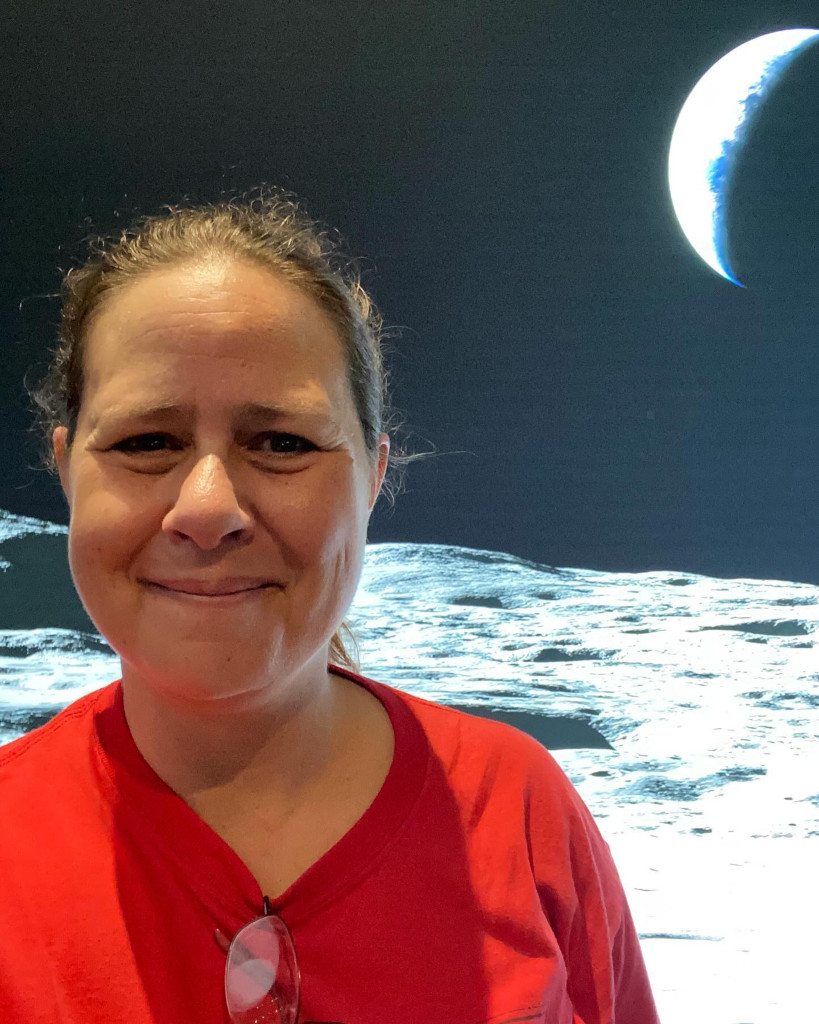What is Exoplanet Watch?
Exoplanet Watch promotes a welcoming and inclusive community. Anyone and everyone can participate and be a Watcher!
Join over 3,000 Watchers on our Slack!
Questions? Email exoplanetwatch@jpl.nasa.gov.
Beginners are always welcome!
Want to engage with Watchers in new scientific discoveries?
- Brand new? Start here with this New User Checklist.
- Invite your friends! NO PRIOR KNOWLEDGE NEEDED! NO TELESCOPE NEEDED!
- Join our Slack Workspace, the primary way Watchers communicate. Ask questions, get answers, suggest an exoplanet to observe, see beautiful astrophotography, and more.
- Participate in the American Association of Variable Star Observers (AAVSO) Exoplanet Section Forum
By participating in Exoplanet Watch, you agree to abide by the American Astronomical Society’s Code of Ethics and its Anti-Harassment Policies. To report an issue, please feel free to contact us (via email, our anonymous feedback form, Slack) or contact JPL’s Ethics Program.
Community Highlights
Watcher of the Month
Watchers can apply/nominate others for a chance to be featured here as well as in our monthly newsletter. To sign up for the monthly newsletters, subscribe in the sidebar or follow the instructions here.
Deanna Rose

IT Professional by day, astronomy enthusiast by night - Texas
What kind of telescope do you use to observe exoplanets?
“I use my ZWO SeeStar S50 for capturing exoplanet transits.”
What inspires you about studying exoplanets?
“I want to explore strange new worlds, to seek out new life and new civilizations. Yes, I'm a giant Star Trek fangirl; no, I'm not ashamed of that.”
What inspires you about participating in citizen science?
"I love learning in general, about anything and everything. I especially love the night sky. Participating in Exoplanet Watch feeds not just my love of learning but the goal-oriented side of my personality as well. Add to that the feeling of contributing to something meaningful, and all the happy centers in my brain light up.”
What else would you like us to know about you?
“My goal is to be a full-time astronomy YouTuber by the time I turn 50; I want to spend the back half of my life exploring the night sky and sharing it with others.”
Click here to see past Watchers of the Month
Astrophoto of the Month
Watchers can post in our #astrophotography Slack channel for a chance to be featured here as well as in our monthly newsletter. To sign up for the monthly newsletters, subscribe in the sidebar or follow the instructions here.
Milky Way Heart in Radio by Dr. Joe Bright, Dr. Wael Farah, JT Earwicker, and the ATA team

"The heart of our Milky Way galaxy as seen in radio waves from the Allen Telescope Array at the Hat Creek Observatory in Northern California. The coloured region, Sagittarius A, hosts a supermassive black hole, Sagittarius A*, which is more than one million times the mass of our Sun. Surrounding this region are wisps and plumes of radio emitting plasma, known as arcs and filaments, thought to trace magnetic field structures in the Galactic Center, a region completely obscured in optical light."
Learn more about radio astronomy, the galactic center, and see the original post on the #astrophotography Slack.
[[ADVANCED_SIDEBAR||boxed||Meet the Team||||||Join our Slack to meet other Exoplanet Watch participants, ask questions, troubleshoot problems, get updates on our biweekly full team meetings, and more. Click on the Slack logo below to sign up and/or log into our Slack.
Subscribe to the Exoplanet Watch Monthly Newsletter here:






